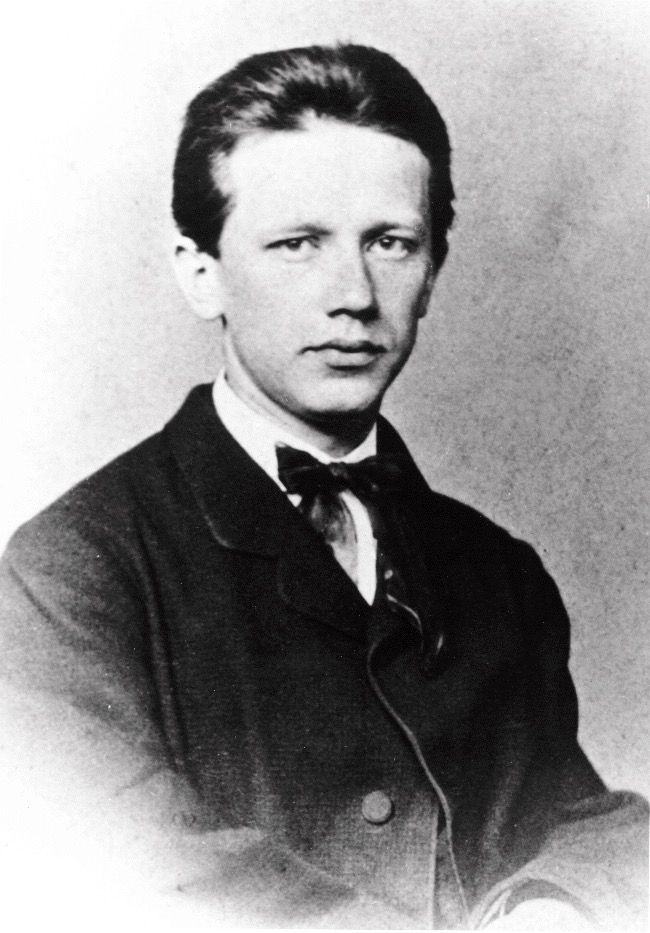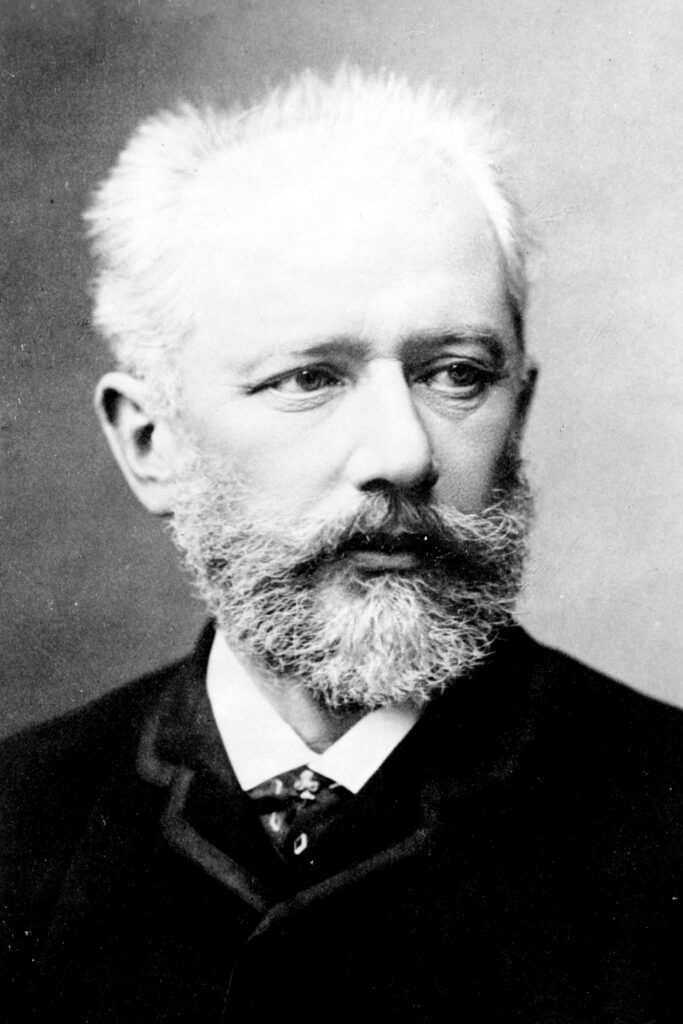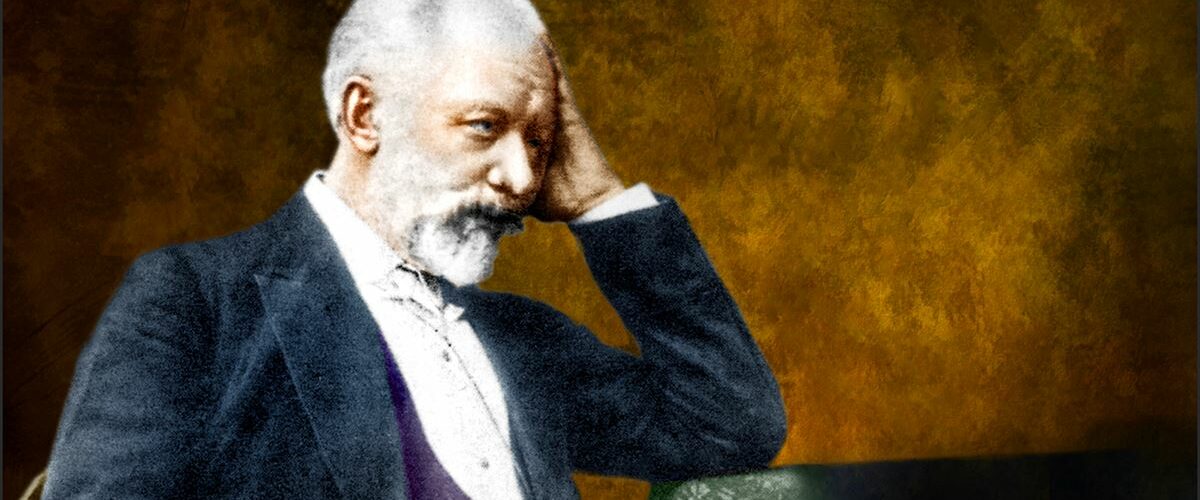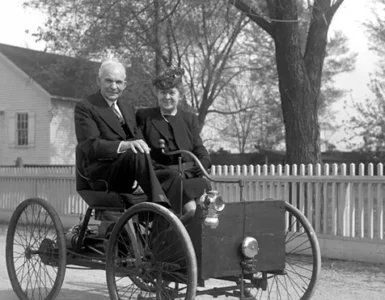Pyotr Ilyich Tchaikovsky is widely regarded as one of the greatest composers of the 19th century, and his works have left a lasting impact on the world of classical music. Born in 1840 in Votkinsk, Russia, Tchaikovsky’s compositions are marked by their emotional depth, melodic beauty, and mastery of orchestration. His music continues to be beloved by audiences worldwide, with works like The Nutcracker, Swan Lake, and 1812 Overture remaining staples of the classical repertoire. Despite his significant contribution to Russian and global music, Tchaikovsky’s life was fraught with personal struggles, including battles with his sexuality, depression, and the expectations placed upon him as a composer.
Tchaikovsky’s ability to translate his inner turmoil and emotional complexity into music allowed him to create works of profound beauty and intensity. His compositions combine elements of Russian folk music with Western European forms, making his style uniquely captivating. While often overshadowed by other figures in Russian music like Mikhail Glinka and Modest Mussorgsky, Tchaikovsky’s ability to create universal and timeless music places him among the all-time greats of classical composition.
Early Life and Musical Beginnings
Tchaikovsky was born on May 7, 1840, into a middle-class family in the small town of Votkinsk in the Russian Empire. His father, Ilya Tchaikovsky, was a mining engineer, and his mother, Alexandra, was a pianist who recognized her son’s early musical talent. Tchaikovsky’s mother, who was deeply devoted to her son, passed away when he was just 14 years old, an event that profoundly affected him throughout his life. Despite his love for music, Tchaikovsky initially followed his father’s wishes by studying law at the Imperial Law School in St. Petersburg, where he graduated in 1859.
However, his true passion for music led him to enroll at the St. Petersburg Conservatory in 1862, marking a significant turning point in his life. Under the tutelage of renowned composer Anton Rubinstein, Tchaikovsky honed his compositional skills and began developing a distinct voice in Russian classical music. His early compositions, including his first symphony Winter Daydreams (1866), showed promise, and he quickly gained recognition for his talent. Despite this early success, Tchaikovsky was often uncertain about his future, grappling with his artistic identity and the demands of the Russian music scene.

Tchaikovsky’s Rise to Prominence
By the 1870s, Tchaikovsky had established himself as a key figure in Russian classical music. His compositions from this period, such as Symphony No. 4 (1877) and Violin Concerto in D Major (1878), demonstrated his growing mastery of orchestration and his unique ability to evoke deep emotion through music. However, Tchaikovsky’s personal life was marked by turmoil and loneliness, as he struggled with his sexual identity and the societal constraints of the time. These struggles were compounded by his deteriorating mental health, and he was often plagued by feelings of isolation and self-doubt.
In 1877, Tchaikovsky’s personal life took a dramatic turn when he entered into a disastrous marriage with Antonina Milyukova, a former student who was deeply infatuated with him. The marriage, which was never based on love or compatibility, soon fell apart, and Tchaikovsky withdrew into his music to cope with the emotional pain. His inability to find happiness in his personal life only deepened his sensitivity as an artist, and many of his compositions from this period reflect his inner turmoil. Despite these personal challenges, Tchaikovsky’s work continued to garner critical acclaim, and he gained a devoted following among Russian and European audiences.
The Ballets: Iconic Works and International Fame
Tchaikovsky’s relationship with ballet marked one of the most significant phases of his career. In 1877, he composed his first ballet, Swan Lake, which would go on to become one of the most famous and enduring works in the ballet repertoire. Although initially unsuccessful due to poor choreography and a lack of support from critics, Swan Lake eventually found its place as a cornerstone of the ballet world. Tchaikovsky’s delicate, emotive music, paired with the fairy-tale narrative, resonated with audiences and helped cement his reputation as a composer capable of creating deeply expressive and evocative music.
In the 1880s, Tchaikovsky composed two more iconic ballets: The Sleeping Beauty (1889) and The Nutcracker (1892). These works displayed his exceptional skill at creating vivid, magical soundscapes that enhanced the visual beauty of the ballet. The Sleeping Beauty featured lush orchestration, rich melodies, and grandiose themes, while The Nutcracker became a holiday staple worldwide due to its whimsical nature and catchy tunes, such as the famous Dance of the Sugar Plum Fairy. The success of these ballets not only secured Tchaikovsky’s place in the classical music world but also helped to popularize Russian ballet internationally.
Personal Struggles and Mental Health
Despite his success, Tchaikovsky’s personal life was fraught with sadness, and he struggled to find peace. His ongoing issues with mental health, exacerbated by his loneliness and internal conflict regarding his sexuality, led him to experience profound periods of depression and anxiety. His work habits were often erratic, as he would alternate between intense bursts of creativity and periods of inactivity and despair. Tchaikovsky sought solace in his music, which often acted as an outlet for his emotional pain.
One of the most poignant aspects of Tchaikovsky’s life was his inability to reconcile his public persona with his private turmoil. He was deeply sensitive to criticism and often felt misunderstood by those around him. Tchaikovsky’s romantic relationships were also marked by difficulty and frustration, as his homosexuality was a source of considerable internal conflict in a time when such relationships were not openly accepted. These personal struggles were reflected in the emotional depth and intensity of his music, which remains some of the most expressive in the classical canon.
The 1812 Overture and National Recognition

Perhaps one of Tchaikovsky’s most famous and recognizable works is the 1812 Overture, composed in 1880 to commemorate Russia’s victory over Napoleon in the War of 1812. The overture, which features cannon fire and a thrilling orchestral climax, is one of Tchaikovsky’s most grandiose and popular pieces. The work captures the spirit of Russian nationalism and is known for its boldness and dramatic contrasts. It has become a staple of patriotic celebrations and is frequently performed during events like Fourth of July fireworks shows in the United States.
The 1812 Overture solidified Tchaikovsky’s standing as one of the greatest composers of the Romantic period. His ability to blend emotional intensity with innovative orchestral techniques, creating stirring and unforgettable music, made him a national hero in Russia. Despite his international fame, Tchaikovsky was always deeply connected to his Russian roots, and his music often conveyed the country’s rich cultural and historical heritage.
Final Years and Legacy
Tchaikovsky’s final years were marked by both triumph and tragedy. In the 1890s, he composed some of his most revered works, including his Sixth Symphony (Pathétique), which is considered one of his greatest achievements. The symphony’s hauntingly beautiful melodies and deeply emotional themes reflect Tchaikovsky’s own sense of despair and resignation. It is said that he was profoundly moved by the symphony, viewing it as his swan song. Tragically, Tchaikovsky passed away on November 6, 1893, just days after conducting the premiere of the Sixth Symphony. His death remains shrouded in mystery, with some speculating that he may have died from cholera, while others suggest he may have taken his own life.
Tchaikovsky’s legacy as a composer is undeniable. His works have been performed and recorded countless times and continue to influence musicians and composers today. His ability to convey complex emotions through music, his innovative approach to orchestration, and his deeply expressive melodies have earned him a permanent place in the classical music pantheon. Tchaikovsky’s music has the rare ability to resonate with listeners across time and cultural boundaries, making him a composer whose works transcend generations.
Conclusion: The Enduring Legacy of Tchaikovsky
Pyotr Ilyich Tchaikovsky’s life and music serve as a testament to the power of creativity to express the human experience. Despite his personal struggles and the challenges he faced throughout his life, Tchaikovsky’s music has left an indelible mark on the world. His emotional depth, his mastery of orchestration, and his ability to evoke powerful images through sound have made him one of the most beloved composers of all time. Works like The Nutcracker, Swan Lake, and The 1812 Overture continue to captivate audiences, and his symphonies and concertos remain staples of the classical repertoire.
Tchaikovsky’s legacy extends far beyond his own time. His music remains a source of inspiration for composers, musicians, and listeners alike. The emotional richness of his work, coupled with its technical brilliance, ensures that Tchaikovsky’s compositions will continue to be celebrated for centuries to come. As we listen to his music, we are reminded not only of his extraordinary talent but also of the complex, emotional journey that shaped him as an artist and as a person.





Add comment